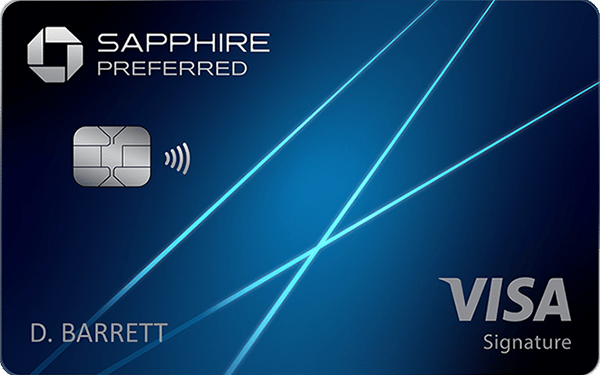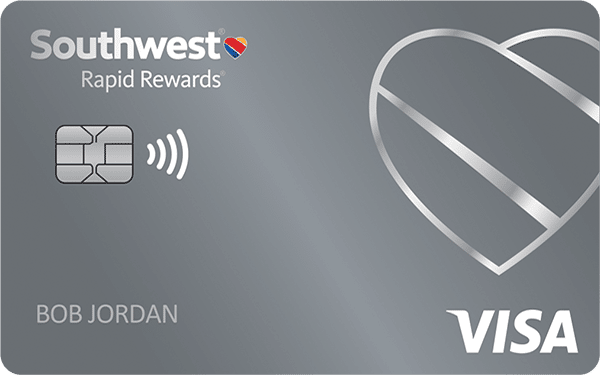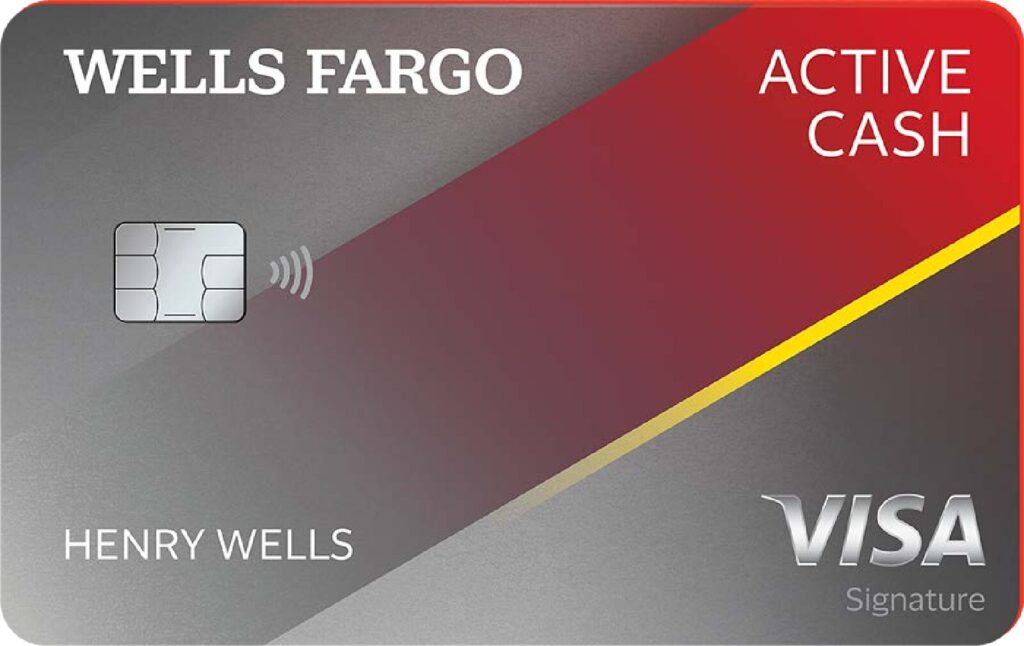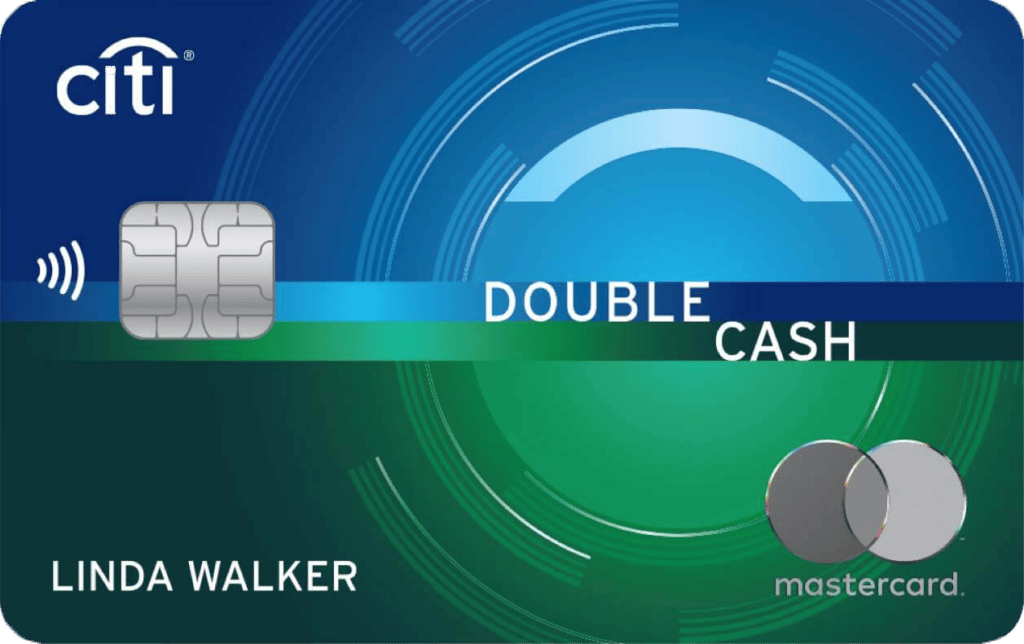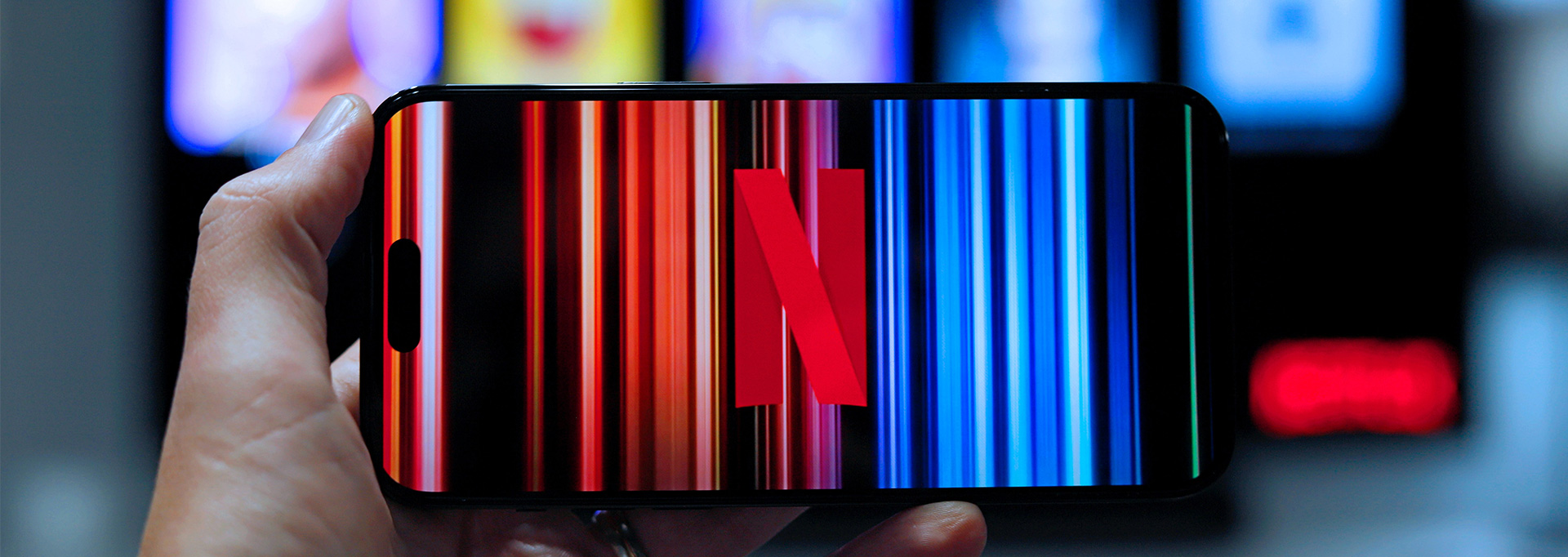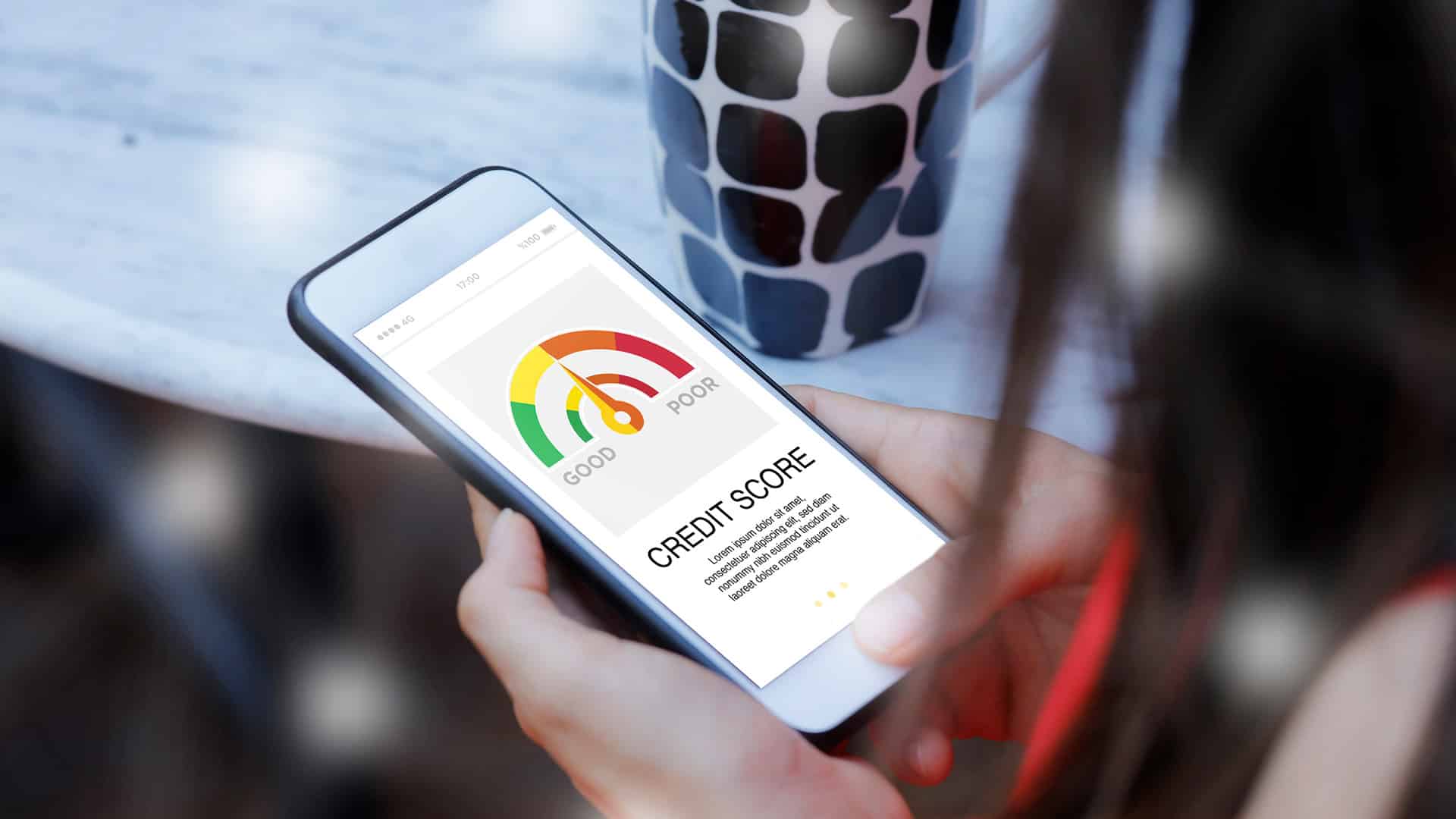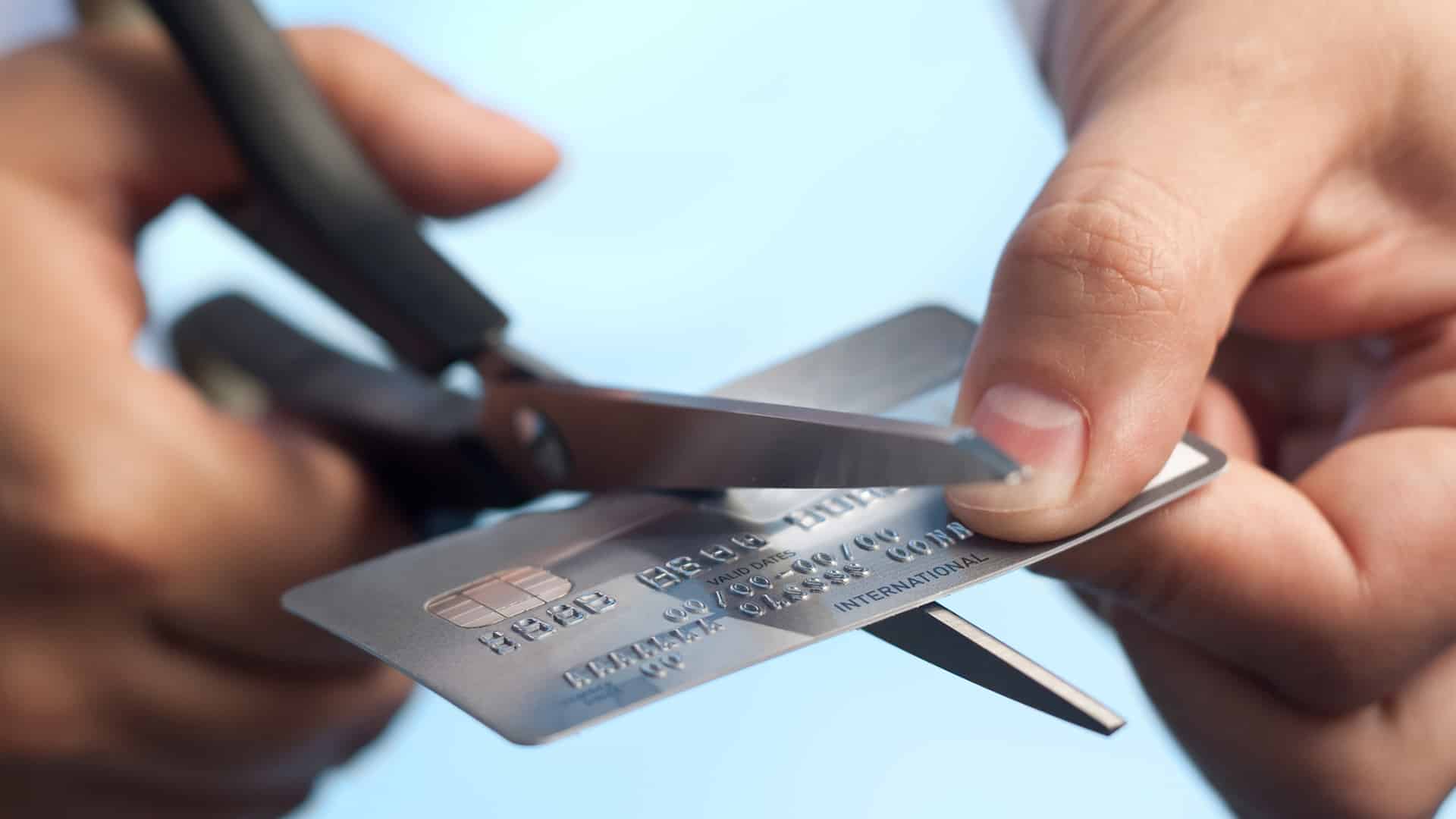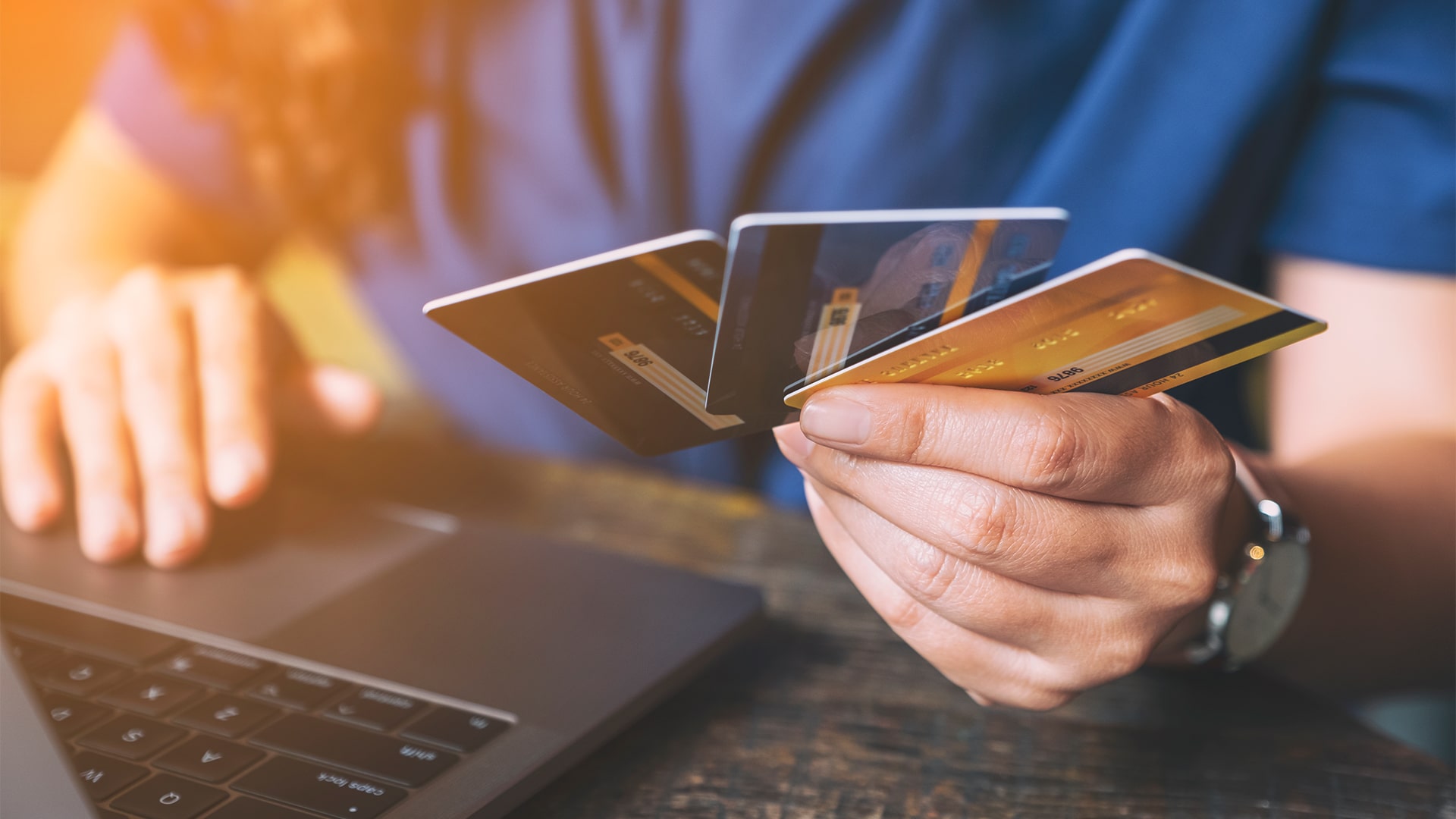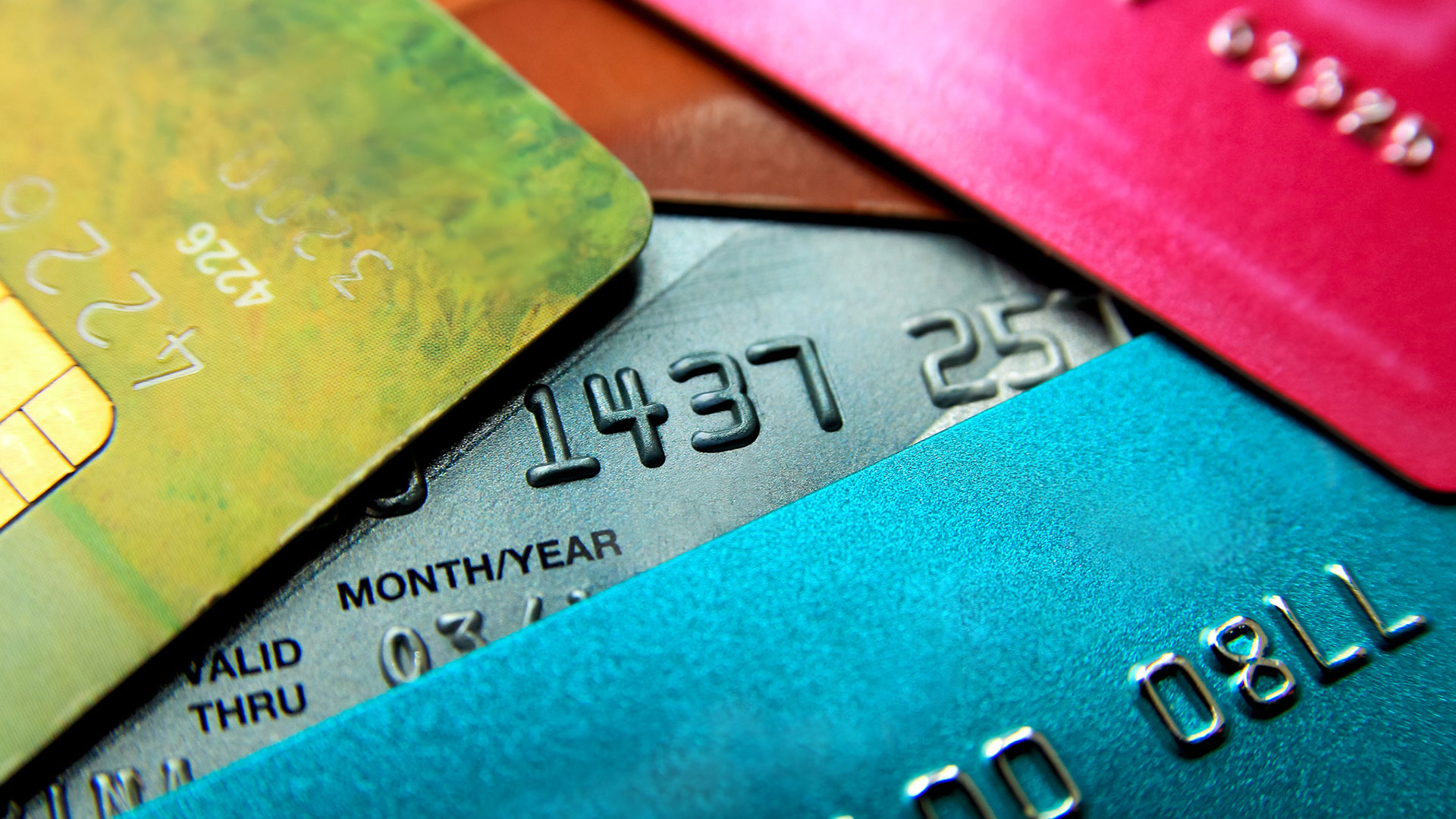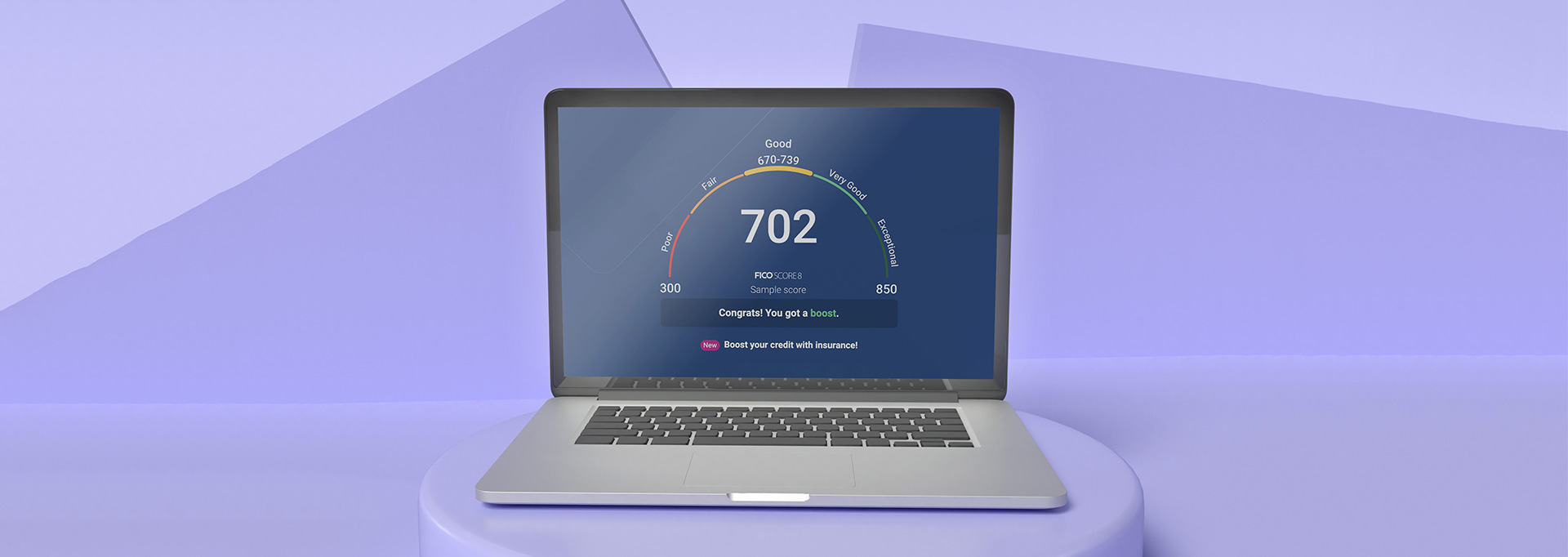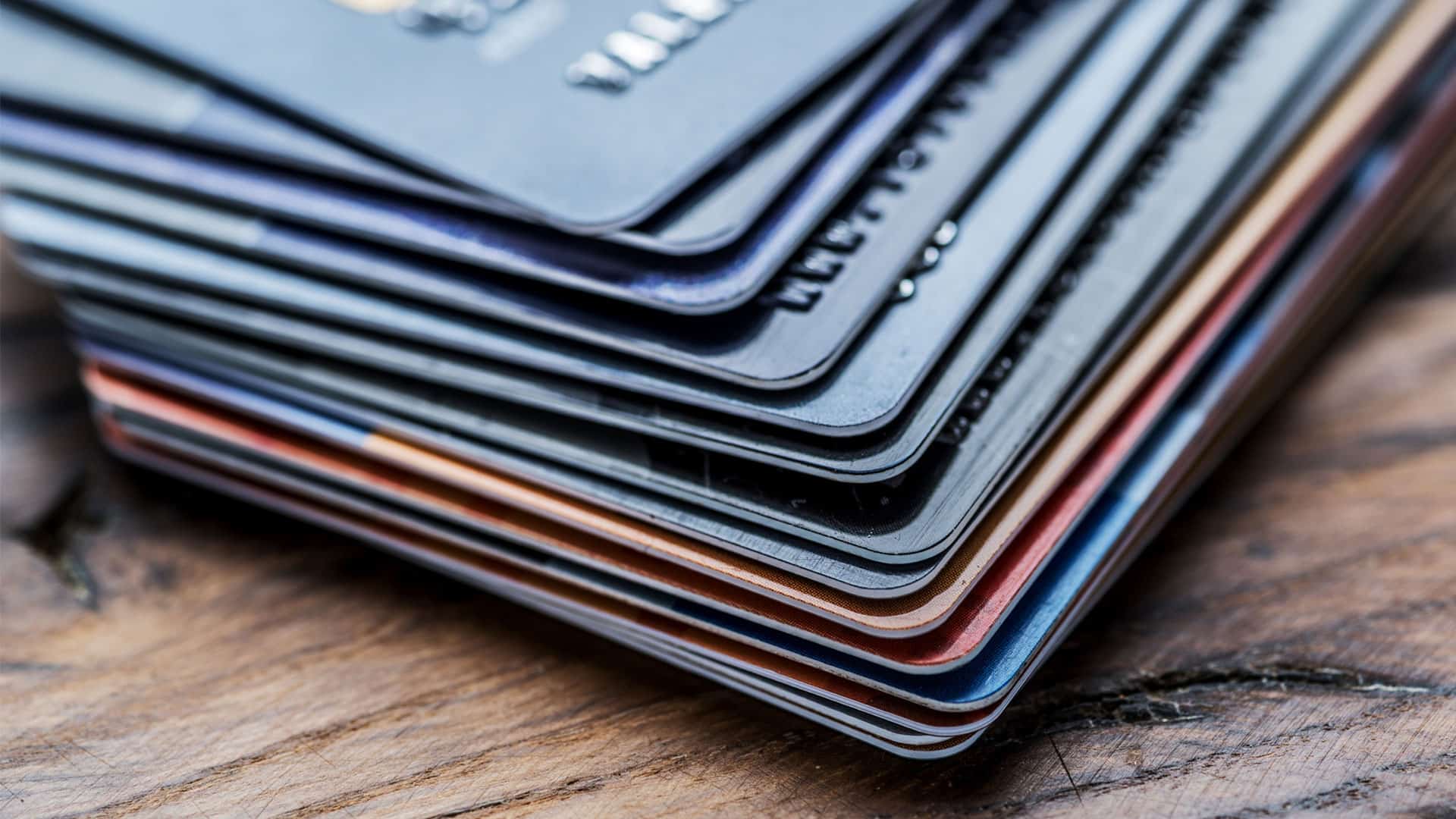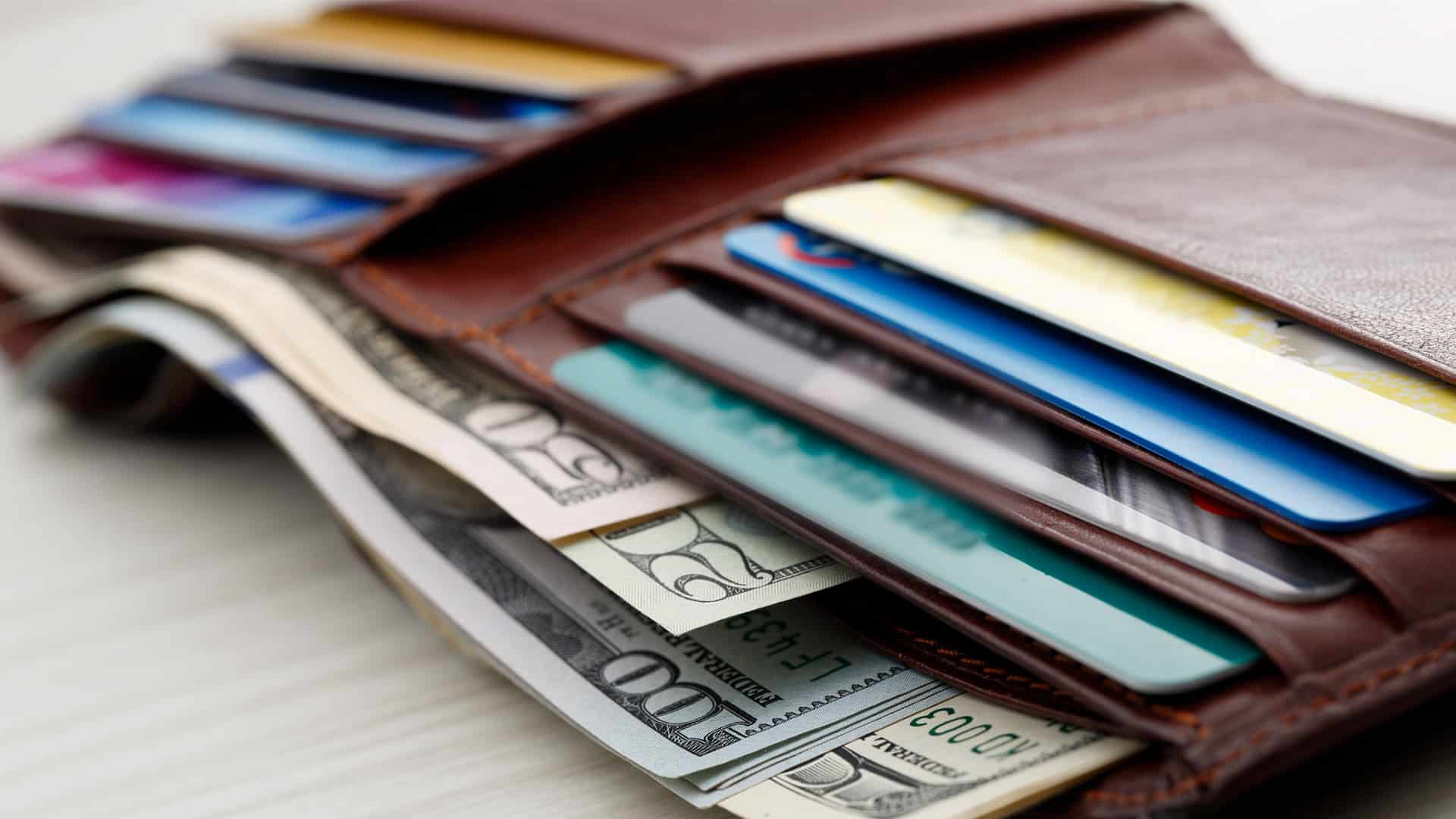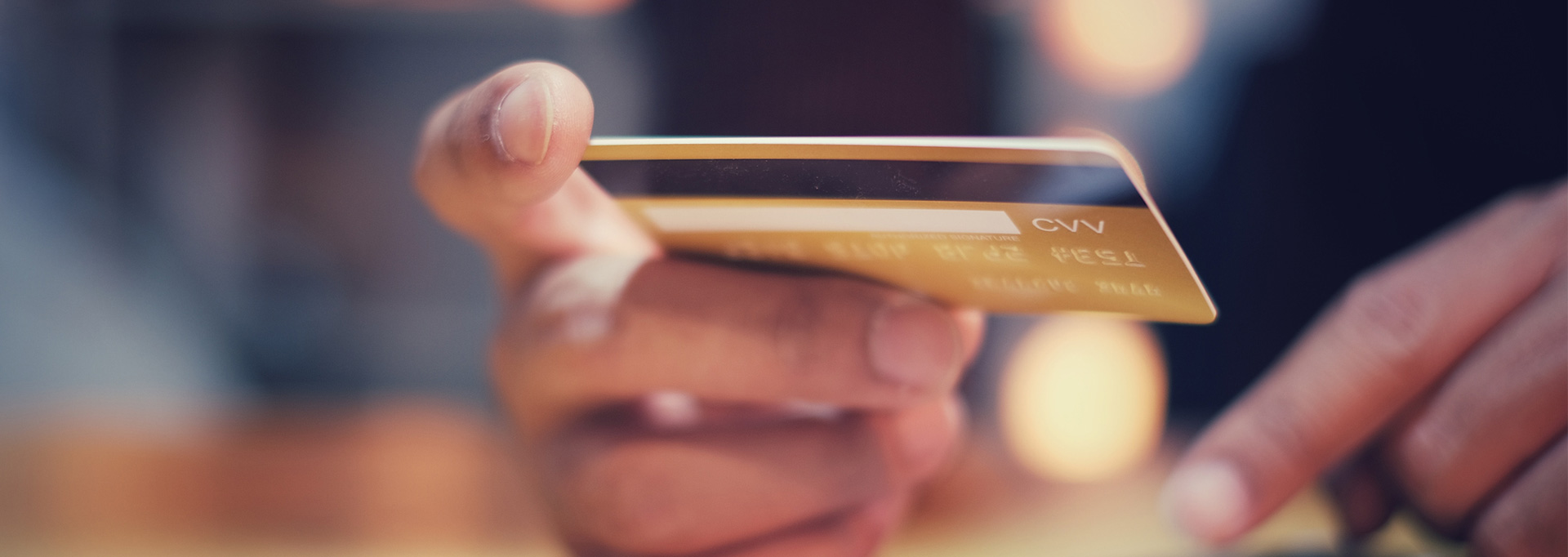Most products on this page are from partners who may compensate us. This may influence which products we write about and where and how they appear on the page. However, opinions expressed here are the author's alone, not those of any bank, credit card issuer, airline or hotel chain.
When you have a balance on your credit card, your credit card issuer expects you to make a payment each month. As long as you pay at least the minimum amount owed by the due date, you can protect your credit from late payments and credit score damage.
But here's a credit score hack you might not be aware: If you make multiple credit card payments per month, it might be possible to give your credit score an added boost. We'll explain how that works and why it might be a good idea moving forward.
How Many Times Can I Pay My Credit Card in a Month?
There is no limit to how many times you can pay your credit card balance in a single month. But making more frequent payments within a month can help lower the overall balance reported to credit bureaus and reduce your credit utilization, which in turn positively impacts your credit.
If you have a tendency to make late payments, making weekly or biweekly payments can also help to lower your overall interest charges.
Recommended Credit Cards
| Credit Card | Rewards Rate | Annual Fee | Bonus Offer | Learn More |
|---|---|---|---|---|
|
|
1x- 5xPoints
Enjoy benefits such as 5x on travel purchased through Chase Travel℠, 3x on dining, select streaming services and online groceries, 2x on all other travel purchases, 1x on all other purchases, $50 Annual Chase Travel Hotel Credit, plus more. |
$95 |
100,000Chase Ultimate Rewards Points
Earn 100,000 bonus points after you spend $5,000 on purchases in the first 3 months from account opening. Dollar Equivalent: $2,300 (100,000 Chase Ultimate Rewards Points * 0.023 base) |
Apply Now Rates and Fees |
|
|
1x - 2xPoints
Receive 3,000 anniversary points each year. Enjoy benefits including 2X points on local transit and commuting, including rideshare, 2X points on internet, cable, and phone services; select streaming, 2 EarlyBird Check-In® each year, 10,000 Companion Pass® qualifying points boost each year, and more. |
$69 |
50,000Southwest Rapid Rewards Points
Earn 50,000 bonus points after spending $1,000 on purchases in the first 3 months from account opening. Dollar Equivalent: $700 (50,000 Southwest Rapid Rewards Points * 0.014 base) |
Apply Now Rates and Fees |
|
|
2%Cashback
Earn unlimited 2% cash rewards on purchases. |
$0 |
$200Cash Bonus
Earn a $200 cash rewards bonus after spending $500 in purchases in the first 3 months. |
Apply Now Rates & Fees |
|
|
2%Cashback
Earn 2% on every purchase with unlimited 1% cash back when you buy, plus an additional 1% as you pay for those purchases. To earn cash back, pay at least the minimum due on time. Plus, a special travel offer, earn 5% total cash back on hotel, car rentals and attractions booked on the Citi Travel℠ portal through 12/31/25. |
$0 |
$200Cash Bonus
Earn $200 cash back after you spend $1,500 on purchases in the first 6 months of account opening. This bonus offer will be fulfilled as 20,000 ThankYou® Points, which can be redeemed for $200 cash back. |
Apply Now Rates & Fees |
How Credit Card Balances Are Reported in Credit Reports
Credit card issuers usually report to the credit card bureaus–Equifax, Experian and TransUnion—just once a month. They typically report the same details that appear on your credit card statement, like balance and payment status to the credit bureaus. When you make new charges and additional payments in between your monthly statement closing dates, this activity may not be reported to the credit bureaus or show up in your credit reports until the next cycle.
Credit utilization, or the percentage of your credit limit that's in use, is a key detail that influences 30% of your FICO® Score. If you keep your balance low, you maintain a low credit utilization rate, which can increase your credit score.
Here's an example of the timing of credit card payments and credit bureau reporting:
- Your credit card has a $5,000 credit limit
- You charge $2,500 on your credit card
- You receive a statement at the end of your billing cycle
- Your $2,500 balance is reported to credit bureaus
- Credit bureaus update your credit report—your credit utilization rate is now 50%
- You pay your balance in full and on time
- Your credit report, and your new 0% credit utilization, is not updated until next month
- Your credit report still shows 50% utilization until the next month, and your credit score might suffer temporarily as a result
Benefits of Paying Your Balance Multiple Times a Month
Paying your credit card more than once a month can be a good idea if you can swing those extra payments. Here are several reasons why making multiple payments toward your credit card balance each month can benefit you:
- It can improve your credit utilization rate: Credit utilization is the amount of credit you’re using relative to the total amount of credit you have. So when you routinely pay down your debt, your credit utilization rate should drop, which helps your credit score.
- You might pay less in interest: If you carry a balance on your card, you’ll face costly interest charges, but paying down your bill a couple of times each month might help you lower or eliminate that balance—and the associated interest charges.
- It could help you avoid late payments: When you pay more frequently, there’s less chance you’ll forget to make a payment and get hit with late charges. If you can schedule automatic payments, that can help even more.
- It can help you stick to a budget: If you pay your bill more than once a month, it can help you keep a close eye on your spending to ensure you’re only charging what you can afford to pay off.
- Your credit score may go up: The above factors, from lowering your credit utilization rate to avoid carrying a balance or slipping into debt, can help increase your credit score over time. So if you have the ability to make extra payments, you’ll likely see your credit improve.
Note that credit scoring models don't reward you for making multiple payments. In fact, the number of times you pay a credit card per month doesn't appear on your credit report at all.
Quick Tip
You don’t need to carry a balance on your credit cards to build good credit. This credit card myth could cost you a lot of money and damage your credit score at the same time.
Reasons You Wouldn’t Want to Make Multiple Payments a Month
Generally speaking, paying your credit card bill more than once a month is a good idea that can benefit you in several ways. But here are a few instances where it might not be a good idea:
- It may make it harder to get approved for credit line increases: One downside of having a super-low credit utilization rate is that creditors might not approve you for a credit limit increase if they see you’re not using much of the credit you already have.
- Your credit score is already excellent: It probably won’t hurt to pay your bill more frequently, but if your credit score is already sky-high, it might not be worth the extra time and effort each month to keep on top of extra payments.
- You never carry a balance: Similarly, if you’re already paying down your balance to zero every month and aren’t trying to improve your credit score, you might not need to add more payments to your schedule.
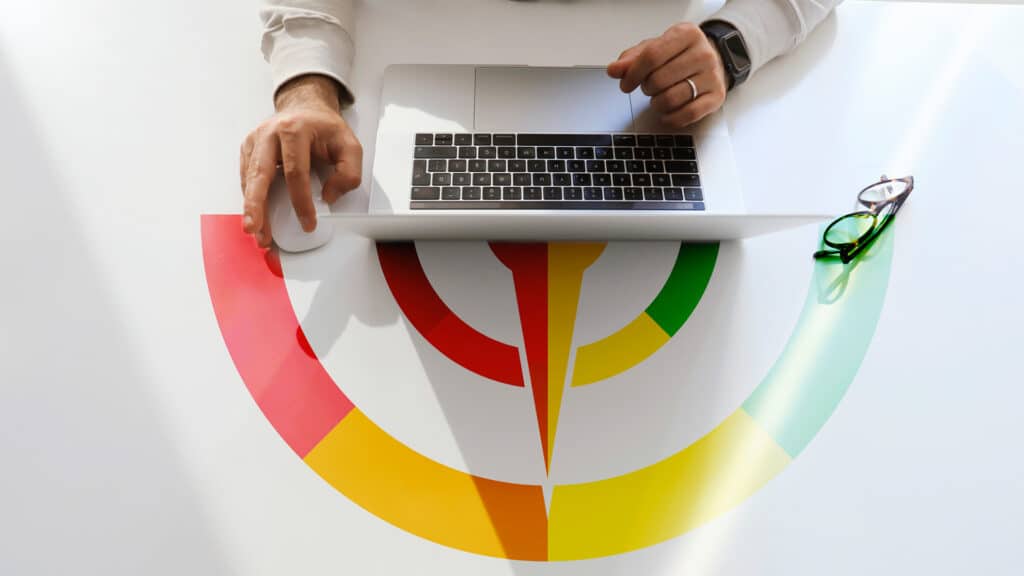
I Have 20 Credit Cards — This Is How I Keep My Credit Score Above 800
Should You Pay Your Credit Card Bill More Than Once a Month?
Paying your credit cards on time and in full each month can help you build good credit. But there's a chance that making multiple payments per month might increase your credit score because it can translate to a lower credit utilization rate on your credit report and cut down on interest charges. Whether you are paying your balance off weekly or multiple times before the due date, keeping a low statement balance and low credit utilization rate can be key to building strong credit.
Earn Cash for Your SpendingBest Cash Back Credit Cards
Visit the Marketplace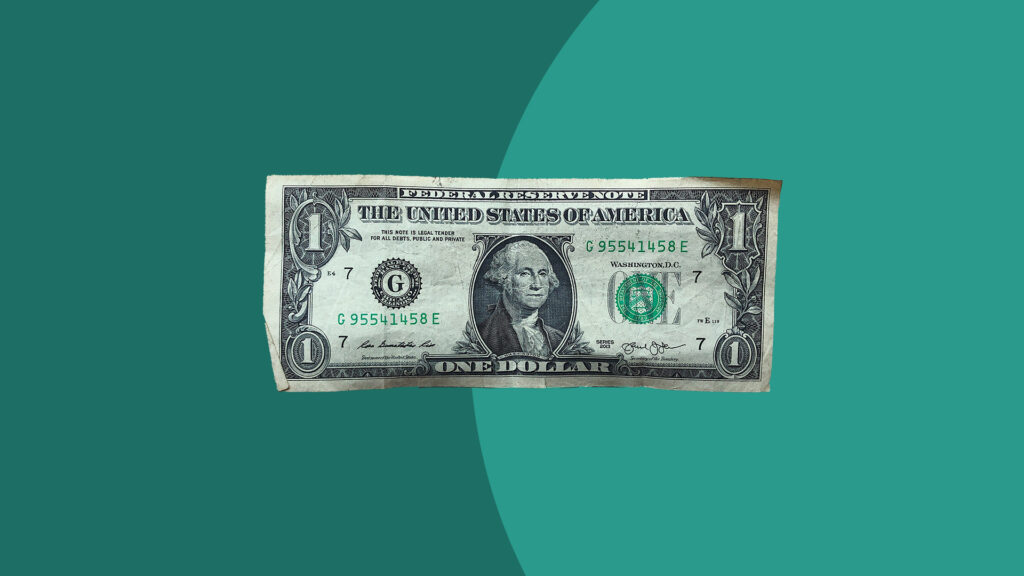
FAQs
-
Yes, making multiple payments each month can contribute to an increase in your credit score because your credit utilization ratio is a factor in your credit score. The impact is usually more prominent in cases where your overall credit limit is very low relative to your monthly purchases.
-
No, there is usually no harm to making multiple payments on a credit card. One caveat to be aware of is if your linked payment account has a low balance, you run the risk of incurring an overdraft fee if you don't monitor your funds closely.
-
If you tend to carry a balance, making multiple payments during a billing cycle can be a good idea because it will help to reduce the overall interest you'll pay.






